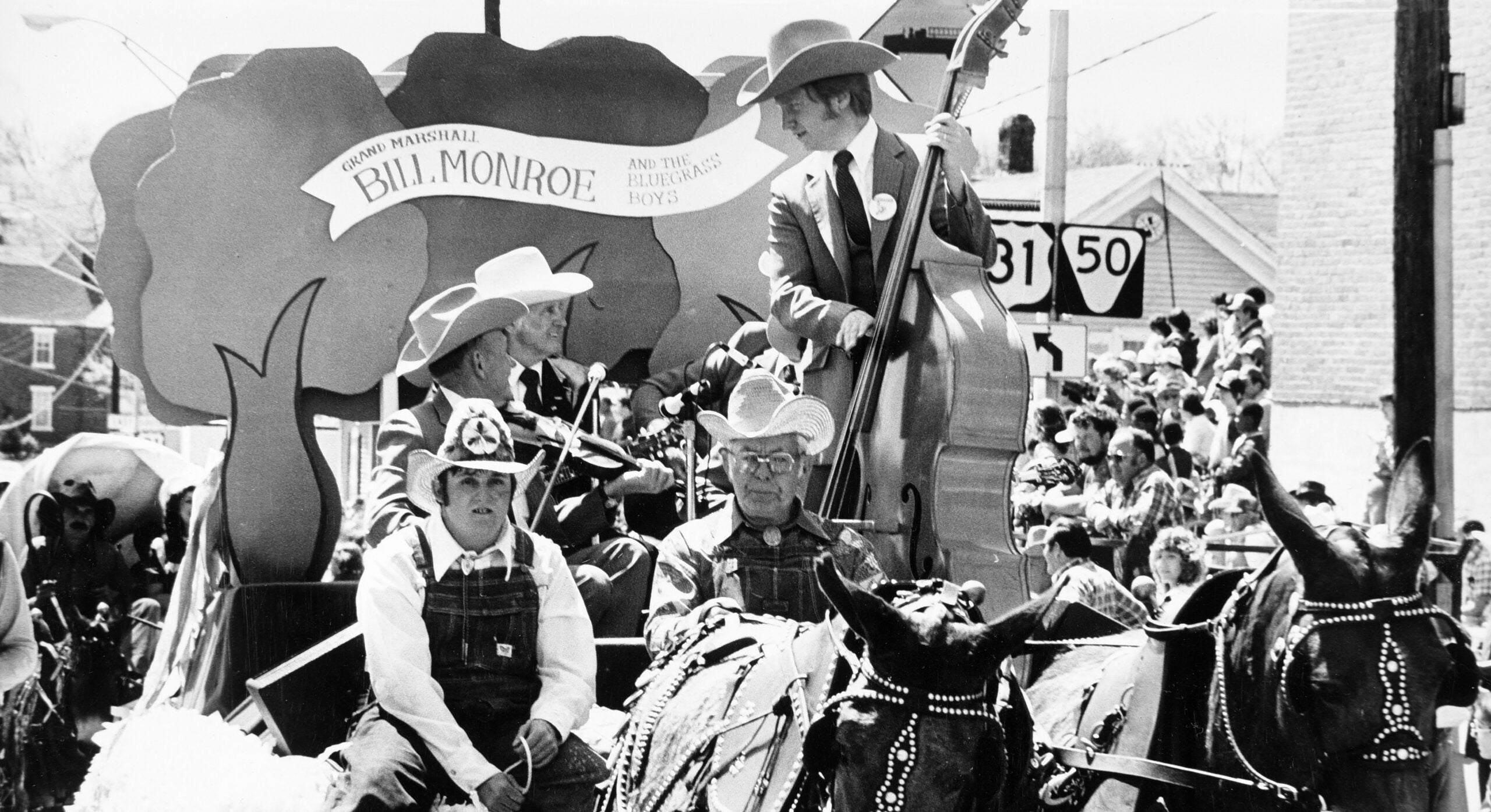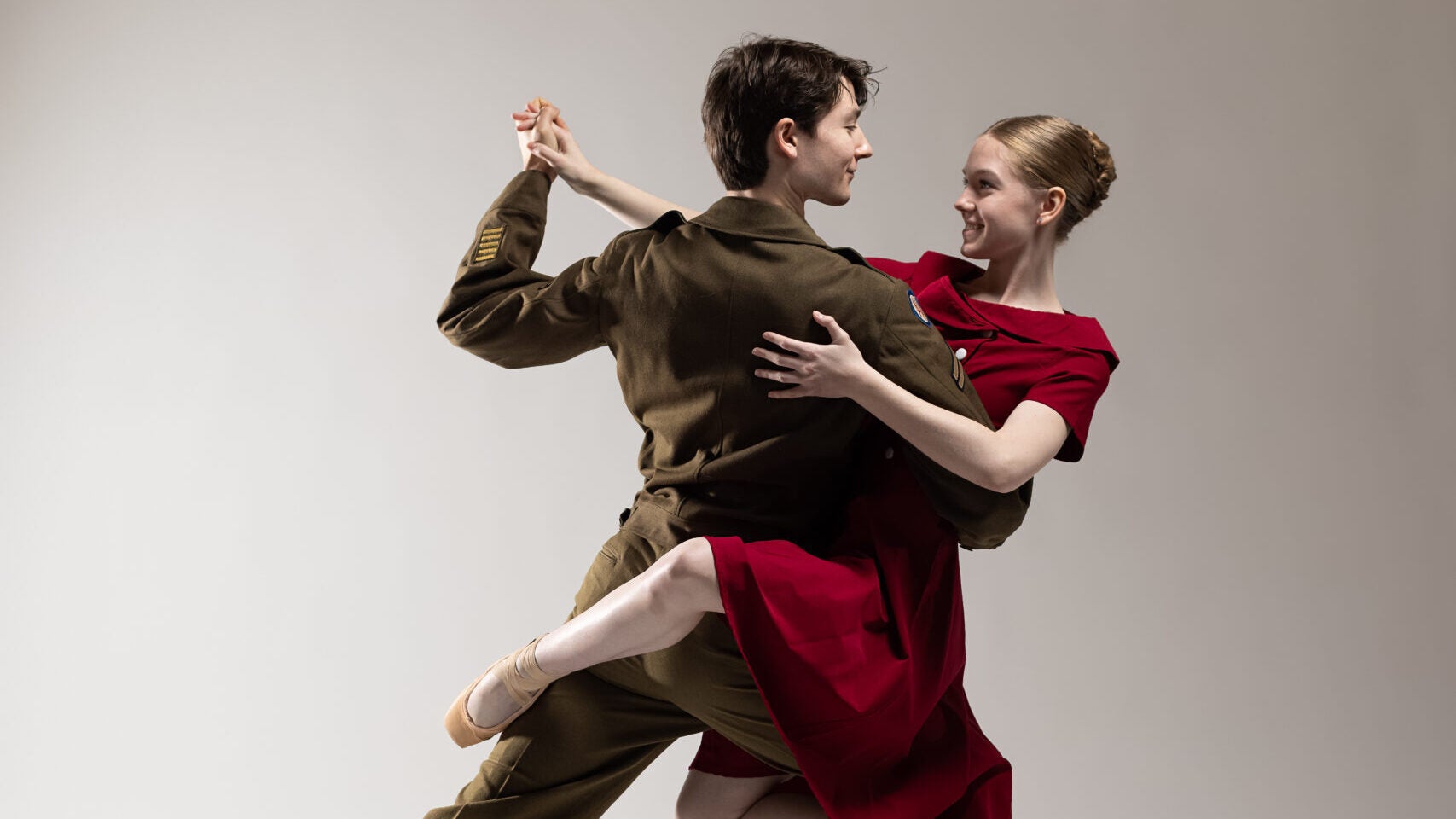Claude Debussy wanted to prove that he could write something completely different from his opera Pelléas and Mélisande–a wish that drew him into the dark corridors of The House of Usher.
Debussy had been attracted to the writings of Edgar Allan Poe for several years, saying, “I’ll have to find its equivalent in music.” He began with Poe’s satirical story The Devil in the Belfry, planning to have the devil whistle instead of sing, with most of the vocal roles going to members of a crowd. As his satirical idea developed, Debussy decided to include a companion piece for contrast–The Fall of the House of Usher.
With single-mindedness worthy of a Poe character, Debussy threw himself into the project. “There are times,” he said, “when I lose the awareness of my surroundings, and if Roderick Usher’s sister were suddenly to walk into my home, I wouldn’t be the least bit surprised.” For most of a year, he forgot about the outside world–or tried to–saying that “the heirs of the Usher family gave me no peace.”
News with a little more humanity
WPR’s “Wisconsin Today” newsletter keeps you connected to the state you love without feeling overwhelmed. No paywall. No agenda. No corporate filter.
In February 1908 he broke off his work on the opera to conduct some of his music in London. By the time he finally got back to The Fall of the House of Usher, bad health was slowing him down. “I do as much as I can,” he told an impatient friend. But by 1914 he had written only about a half hour of The Fall of the House of Usher. As for The Devil in the Belfry, he destroyed every note.
He had set himself too high a mark in his quest for originality, driven by a fear that he would prove his critics right by reusing ideas from Pelléas and Mélisande. “No doubt they realize,” he said, “that if such a thing were to happen, I would immediately devote myself to growing pineapples, because I think it’s quite disastrous to repeat oneself.”
Wisconsin Public Radio, © Copyright 2026, Board of Regents of the University of Wisconsin System and Wisconsin Educational Communications Board.




